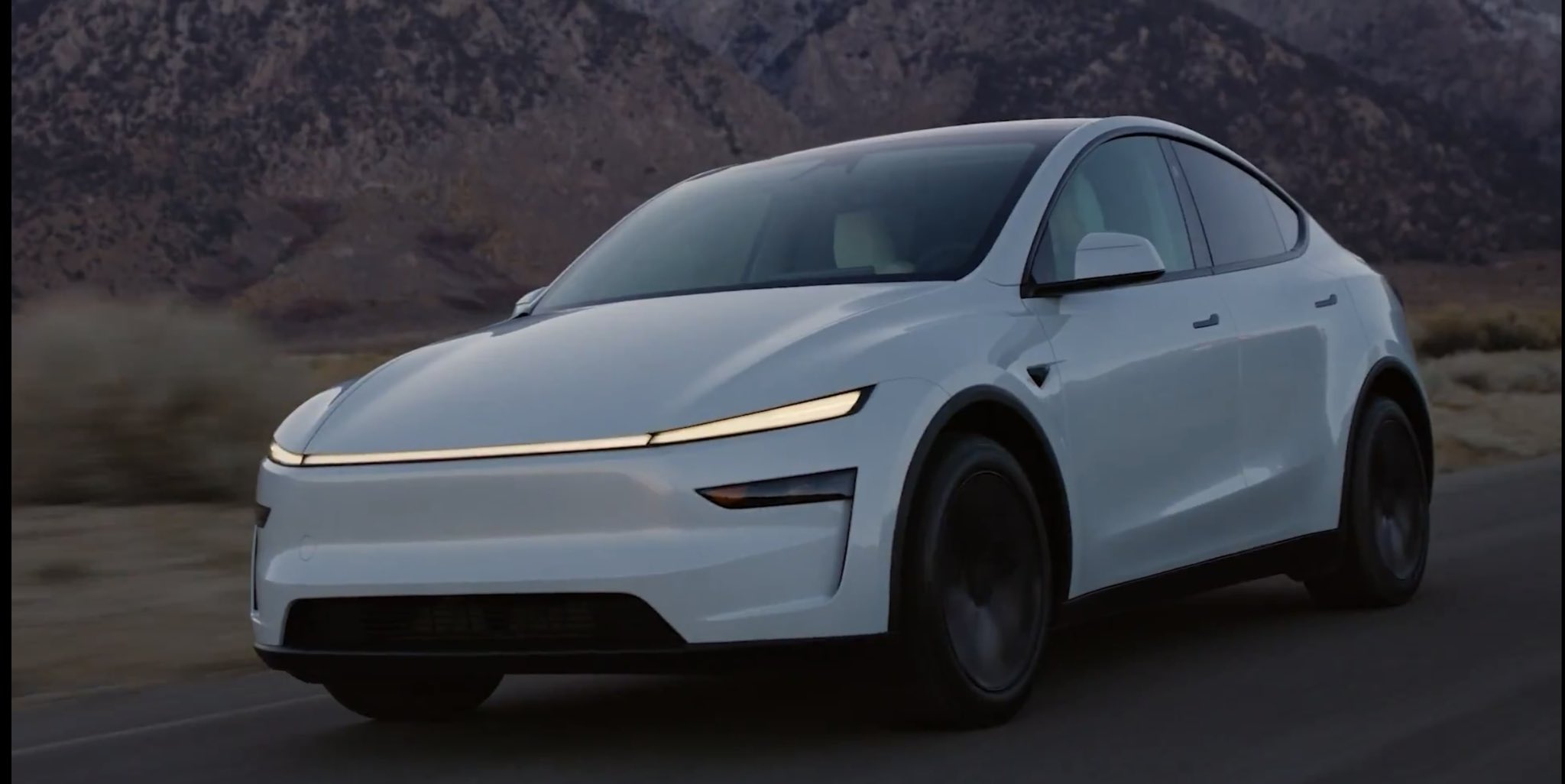The Evolution and Future of Electric Vehicle Batteries: A Deep Dive
The landscape of electric vehicle (EV) batteries is rapidly evolving, challenging long-held assumptions and opening new possibilities for sustainable transportation. Recent studies and technological advances are reshaping our understanding of battery longevity, reliability, and performance.
Breaking Battery Life Misconceptions
Traditional beliefs about EV battery lifespan are being overturned by new research. Recent studies demonstrate that these power units consistently outlast initial projections, with many maintaining over 80% capacity after a decade of use. This revelation carries significant implications for both current and prospective EV owners.
Real-world testing has proven more reliable than laboratory simulations, revealing that batteries perform differently under actual driving conditions. This discovery has prompted manufacturers to revise their testing protocols and warranty offerings, ultimately benefiting consumers through more accurate lifespan predictions.
The Role of Battery Management Systems
Battery Management Systems (BMS) have emerged as crucial components in maximizing battery performance and longevity. These sophisticated systems continuously monitor and optimize battery health, preventing potential issues before they arise. Modern BMS technology incorporates:
Advanced temperature regulation Charge cycle optimization Real-time performance monitoring Predictive maintenance alerts
Economic and Environmental Impact
The improved understanding of battery longevity significantly impacts both consumer costs and environmental sustainability. Lower replacement rates translate to reduced lifetime ownership costs, making EVs increasingly competitive with traditional vehicles. Additionally, extended battery life means:
Decreased raw material demand Reduced manufacturing energy consumption Lower environmental impact from battery production Enhanced vehicle resale values
Technological Innovations Driving Progress
Market Trends and Future Outlook
Investment in battery technology continues to accelerate, driving improvements in:
Energy density Charging speeds Cost efficiency Manufacturing sustainability
Industry experts project significant advancements in reliability and affordability over the next decade. The integration of artificial intelligence in battery management systems promises to further optimize performance and longevity.
Safety and Sustainability Considerations
Environmental responsibility extends beyond vehicle emissions to battery production and disposal. Manufacturers are increasingly focusing on:
Ethical material sourcing Efficient recycling programs Reduced production carbon footprint Enhanced safety protocols
Consumer Education and Transparency
Cost Considerations and Government Incentives
The economic equation continues to improve for EV adoption. Government incentives, combined with declining battery costs and improved longevity, make electric vehicles increasingly attractive financial investments. Operating costs remain significantly lower than traditional vehicles, especially in regions with favorable electricity rates.
Looking Ahead
The future of EV batteries appears promising, with continuous improvements in technology, reliability, and sustainability. As manufacturers invest in research and development, we can expect:
Further increases in range and capacity Faster charging capabilities More affordable replacement costs Enhanced recycling programs
These developments will continue to drive EV adoption and support the transition to sustainable transportation.
This evolution in EV battery technology represents a crucial step toward sustainable transportation. As research continues and technology advances, we can expect further improvements in performance, reliability, and environmental impact. The key to success lies in maintaining transparency with consumers while pushing the boundaries of innovation.





